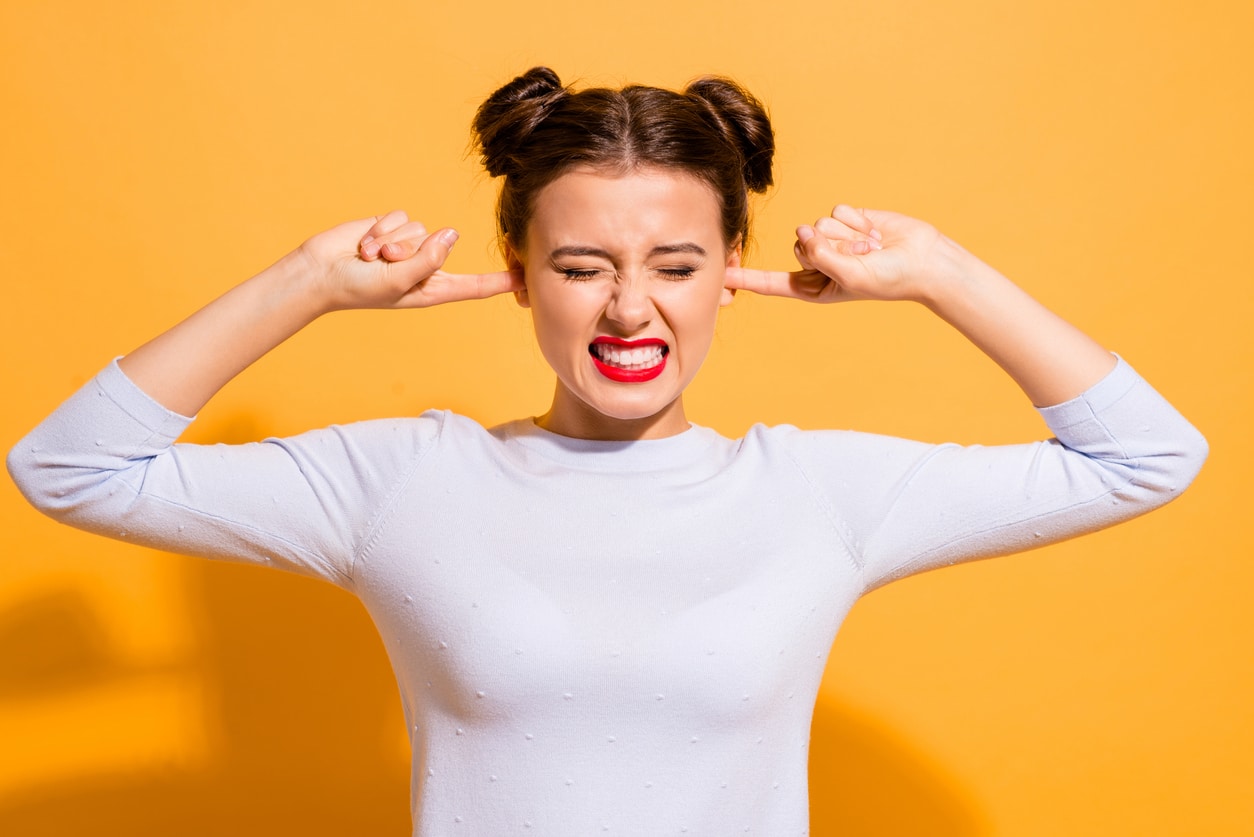Approximately 20% of the global population lives with hearing loss. With Audiology Awareness Month here, there’s no better time to learn how to protect your ears from the everyday factors that could damage your hearing. Let’s dive into three common factors affecting your hearing and a few practical steps to safeguard it for the future.
1. Loud Noise Exposure

Exposure to loud noise is one of the leading causes of hearing loss, affecting approximately 5% of the world’s population, but it’s also one of the most preventable. Activities like blasting music through earbuds, attending loud concerts or working in noisy environments can all contribute to hearing damage over time. A few ways you can help protect your ears from loud noise exposure include:
- Keep the volume on your devices at 80 dB or lower. If you’re using earbuds or headphones, choose noise-canceling options that allow you to hear clearly at lower volumes.
- Wear earplugs or noise-canceling earmuffs to protect your hearing when attending concerts, sports events or other high-noise activities.
3. Ear Care Missteps
Many people unknowingly put their hearing at risk through improper ear care. Cotton swabs are a common tool for ear cleaning, but they can push earwax deeper into the ear canal, potentially causing a blockage or even puncturing the eardrum. A couple of ear care tips to keep in mind include:
- Avoid putting anything smaller than your elbow into your ear. This includes cotton swabs, hairpins, fingers or other objects.
- If you feel like you have a buildup of earwax, consider visiting a healthcare professional for safe removal.
3. Physical Damage
Whether it’s from a fall or a blow to the head during a game of football at Monument Park, head trauma can damage the delicate bones and tissues in your middle ear, leading to hearing loss. If you’re engaging in activities with a risk of injury, taking precautions can make a big difference in protecting your head and hearing. Always wear a helmet when biking or participating in contact sports, and practice safe driving to prevent car crash-related injuries.
4. Skipping Hearing Tests
Many people mistakenly skip regular hearing tests until they notice a significant hearing problem. However, routine testing establishes a baseline for your hearing health and helps detect issues early, making it possible to start treatment sooner and maintain better hearing overall.
Make Hearing Health a Priority This October
Audiology Awareness Month is the perfect reminder to check in on your hearing health and make any necessary changes. Simple preventative measures can go a long way in protecting your hearing and ensuring you don’t miss out on the sounds of the season. Contact Gary D. Schwartzberg, Au.D., Doctor of Audiology today to schedule a hearing test with one of our specialists.